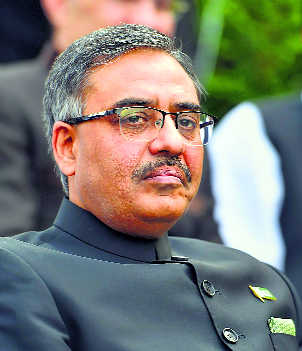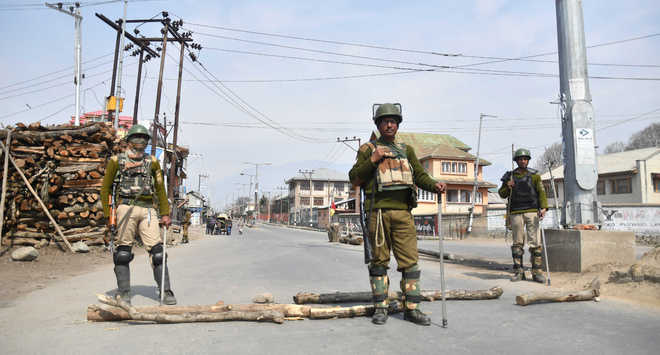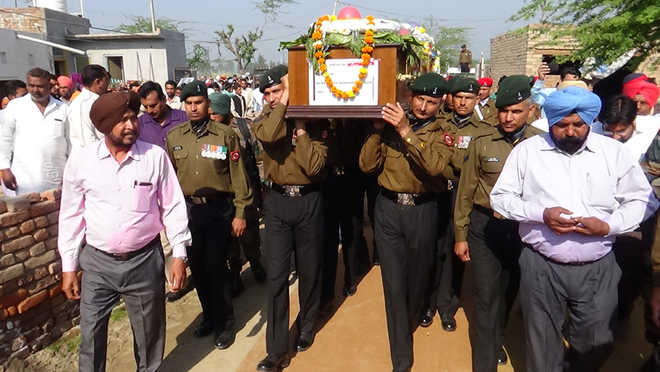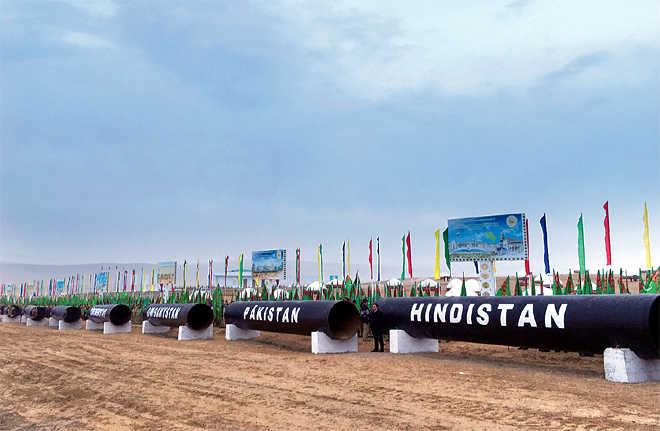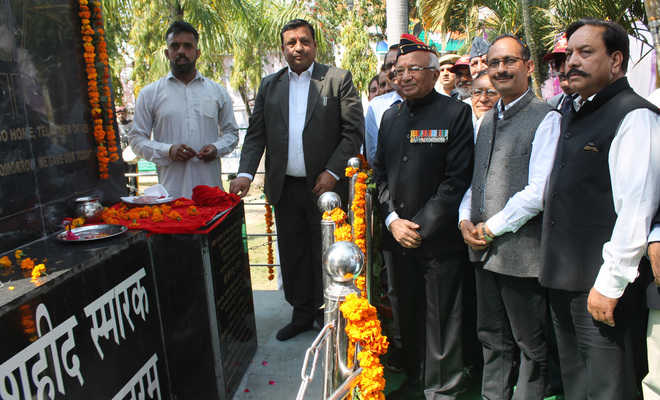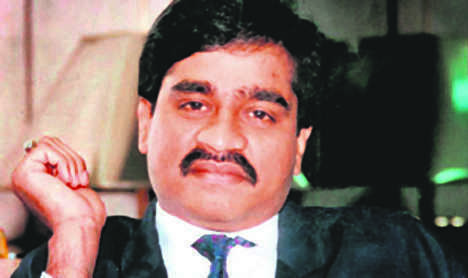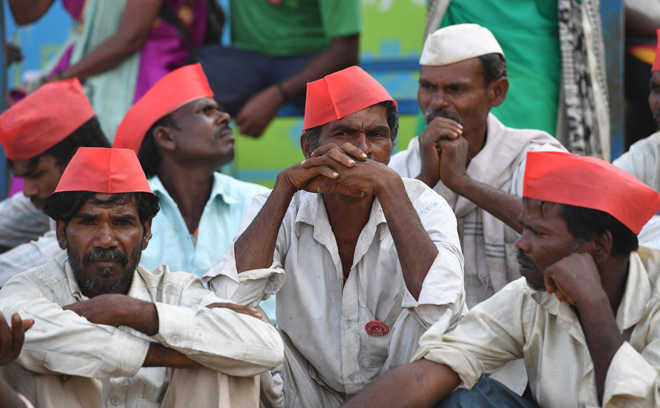On January 27, an Army column of 10 Garhwal, led by Major Aditya Kumar fired on a stone-pelting mob in Gawanpora village of Shopian district. Three local men, Javed Ahmed Bhat, Suhail Javed Lone and Rayees Ahmed Ganai died in the Army firing.
An FIR was filed to investigate the incident, specifically naming Major Aditya Kumar and 10 Garhwal. A counter FIR was also filed by the Army. As is the norm in insurgency prone J&K, there are two conflicting versions of the incident. The Army insisted that the column had followed “standard operating procedure” and that they were constrained to open fire in self-defense to prevent lynching of a JCO and burning of a vehicle by the mob. An attempt to snatch weapons was also highlighted.
The government of J&K and the people of Gawanpora gave a conflicting version. On January 29, chief minister Mehbooba Mufti informed the assembly that the police had advised the Army to avoid the Gawanpora route in view of the tension following the killing of two Hizbul Mujahideen militants and injuring of three civilians in a firefight on January 24 in Chaigund. One of the two militants killed that day was a resident of Gawanpora. As a result, passions were already running high in the area at the loss of local militants as well as civilian casualties.
The Army ignored the police advisory. The first Army convoy that passed through the village in the morning had a fracas with locals over posters paying tribute to the local militant. Around 3.30pm, a convoy of 10 Garhwal Regiment led by Major Aditya Kumar decided to travel through Gawanpora. The Army column, when faced with a protesting mob, resorted to unprovoked firing, resulting in the death of three civilians.
Given the current “us versus them” environment, emotions ran high, without any rational analysis either of the incident or of the legal position. A section of the politicians and local people highlighted the brutality of the security forces and accused them of murder, berating the AFSPA. The “nationalists”, TV media, right wing politicians and the military veterans were outraged at an FIR being filed naming Major Aditya Kumar and 10 Garhwal for an action in “self-defense”. More so, when FIRs earlier filed against a large number stone-pelters had recently been withdrawn by the state. The mood was that actions of the Army cannot be questioned and the stone-pelters got what they deserved.
On February 12, a petition filed by the father of Major Aditya Kumar seeking to “protect the morale of the soldiers” was heard by a three-judge bench of the Supreme Court headed by the Chief Justice of India. The Court ruled in an ex-parte order that no “coercive action” be initiated against Major Aditya Kumar of 10 Garhwal Rifles by the Jammu and Kashmir Police.
Human rights violations threaten the moral authority of the state and the reputation of its armed forces and further the cause of insurgents. They enable insurgents to create circumstances for more human rights violations by instigating violent protests which lead to security forces reacting in self-defense or panic, setting off a chain reaction. A democratic state or its armed forces must never perpetrate or cover up human rights violations as this leads to a moral victory for insurgents. Justifying violations of human rights by security forces and comparing them to the violent actions of terrorists or stone-pelting mobs is reducing them to the same level.
Human rights violations do take place in an insurgency where force has to be used against terrorists who intermingle with people and enjoy their tacit or coerced support. First, violations may be the result of legitimate and good faith actions. Such cases should and do have the protection of AFSPA. Second, violations stem from overzealous actions of the security forces. These also get the protection of AFSPA from prosecution in civil courts. However, violations of laid down rules of engagement are dealt with under military law. Third, violations are caused by rogue actions. Such cases do not have or deserve the protection of AFSPA. Even in these cases, the courts permit the Army to carry out trial by court-martial.
The Supreme Court has examined the AFSPA in detail in a number of benchmark cases. While it has upheld the legality of the act, it has categorically ruled that the immunity provided to soldiers is only for “good faith” actions and is not absolute. Actions of the troops can be investigated, keeping in view the law of the land, COAS commandments and “dos and don’ts” laid down by the Army. The benchmark judgement given on July 8, 2016 by a three-judge bench examined all aspects in detail and ruled that every allegation of the “use of excessive force” must be investigated. It made the registration of an FIR mandatory in such cases.
Thus the registration of an FIR is within reason and is mandatory; it is just a narration of circumstances and in this particular incident, names Major Aditya only as the column commander of the troops that opened fire. Hundreds of FIRs have been lodged to investigate use of force in J&K against unknown military personnel or investigate actions of individuals and units by name. In fact, experienced commanders in J&K always insist that an FIR be filed in all cases of deaths caused by use of force by security forces irrespective of whether the local police had filed one or not. This is to ensure proper investigation and legitimate closure of the case.
In all legitimate cases of use of force, police closes the case and it remains on record to avoid future opening of cases, as has happened many times earlier. In controversial cases, the police carries out its investigations and a parallel Court of Inquiry is conducted by the Army. When the chargesheet is filed in court, if both the inquiries are in consonance, that a wrong has been done, the Army takes over the case under Army Act Section 125 and conducts a trial by court-martial. In cases where only the police investigations find that an offence has been committed, the Army informs the court about its own inquiry and invokes AFSPA. In most cases the matter ends there.
In rare cases, the court decides to proceed with the case under the Army Act, Section 126. However, under the AFSPA, central government permission is required to proceed with such cases. This has never been granted up till now. Some cases do linger and go up to the High Court and even Supreme Court. There is not a single case where the Army’s stand has not been upheld. Appearance of individual soldiers in courts is exceptional. The Army has a well laid out procedure to carry such cases to their logical conclusion.
The emotive protests against the lodging of an FIR in the instant case are due to ignorance of the law and Army’s own time tested policy, and only contribute towards further alienation of the people.








